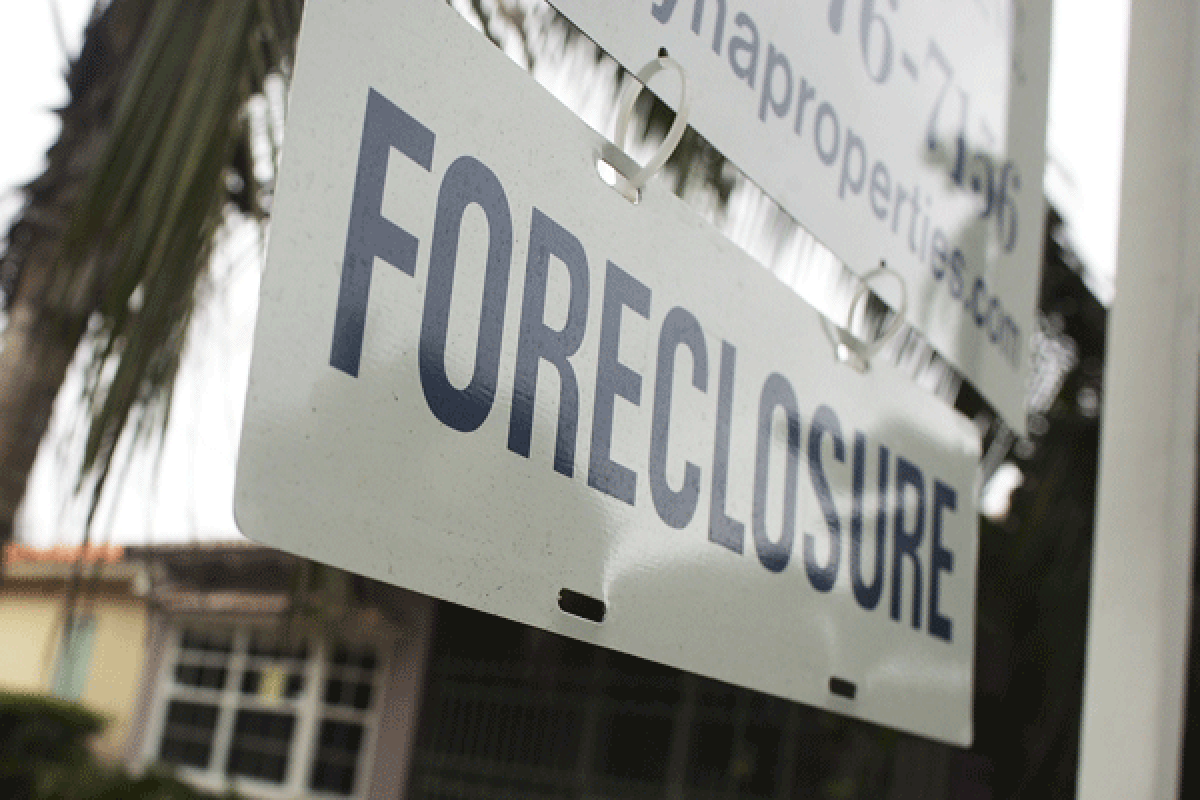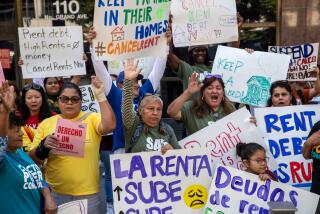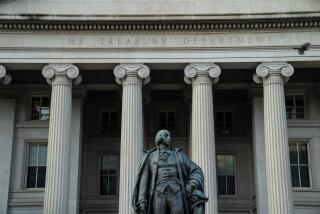Fannie and Freddie extend foreclosure suspensions to year’s end

Fannie Mae and Freddie Mac will extend their suspension of mortgage foreclosures through at least the end of the year, providing more relief for homeowners who are grappling with the economic pain of the COVID-19 pandemic.
Fannie and Freddie, which backstop about $5 trillion of home loans, will also extend their moratorium on evictions from real-estate owned properties until at least Dec. 31, the Federal Housing Finance Agency said Thursday in a statement. The relief on foreclosures and evictions had been set to lapse at the end of the month.
The extensions are intended to keep consumers from being kicked out of their residences even if they can’t pay their mortgage or rent amid a surge in layoffs and lost income.
FHFA Director Mark Calabria, whose agency regulates Fannie and Freddie, said the extensions will protect more than 28 million borrowers with a loan guaranteed by the companies.
Congress also has protected homeowners from foreclosures by allowing borrowers affected by the pandemic to delay their monthly payments for more than a year without going into default. That provision was part of the $2-trillion stimulus bill that lawmakers approved in March.
In statements, Fannie and Freddie said the eviction moratoriums apply only to properties that the companies own. The eviction suspensions don’t apply to tenants living in homes that have not been foreclosed upon, Fannie and Freddie said.
The move will add $1.1 billion to $1.7 billion to the expenses that Fannie and Freddie have already absorbed due to the pandemic, the FHFA projected.
Fannie and Freddie, which have been under government control since the 2008 financial crisis, don’t make loans. Instead, they buy mortgages issued by lenders and package them into securities that are sold to investors. Bondholders are guaranteed payment even if borrowers default.
More to Read
Inside the business of entertainment
The Wide Shot brings you news, analysis and insights on everything from streaming wars to production — and what it all means for the future.
You may occasionally receive promotional content from the Los Angeles Times.










